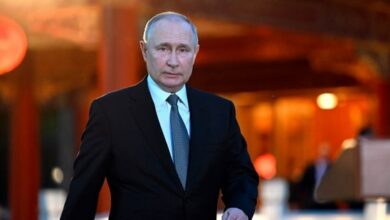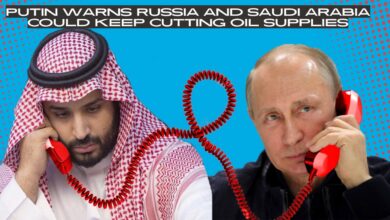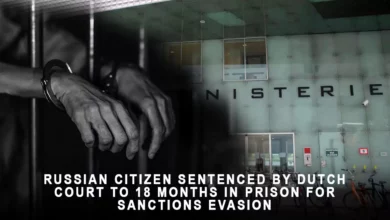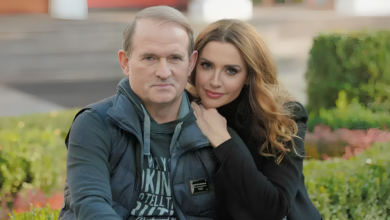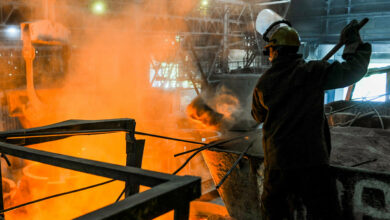Ukraine is looking for more than bland security ‘assurances’ in talks with Canada
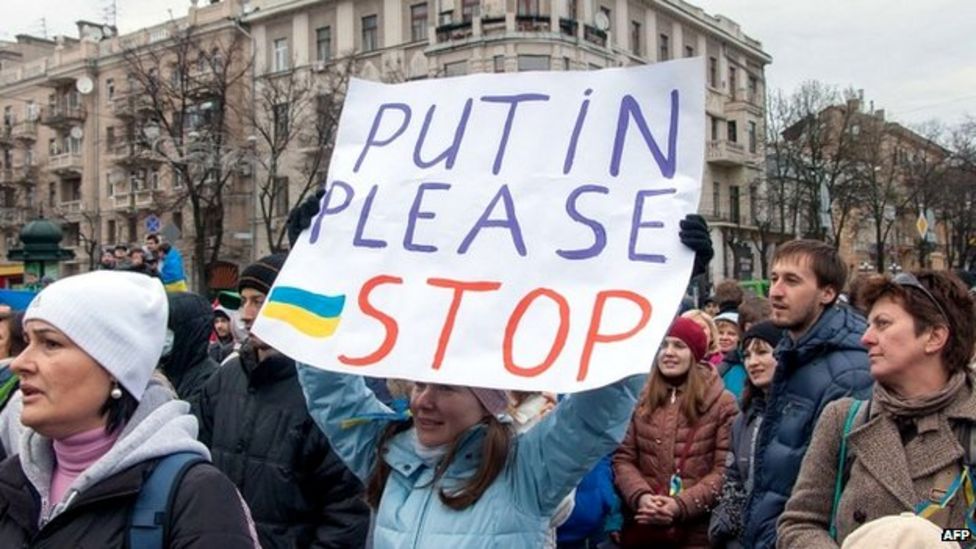
If not for Ukrainian news media, a noteworthy and potentially far-reaching event this week in Ottawa would have gone virtually unnoticed.
Officials in President Volodymyr Zelenskyy‘s office received a draft of the Liberal government’s proposed security assurances plan for Ukraine in a discreet (possibly purposeful) manner.
Canada’s Ambassador to Ukraine, Natalka Cmoc, who was widely quoted by several Kyiv media outlets, acknowledged the milestone.
On Monday, Cmoc discussed the security plan. It was not until Friday that Global Affairs Canada responded to a relatively simple inquiry regarding the information that the ambassador had provided to the Ukrainians. Even so, the department’s bland response sidestepped the main topic that has dominated discussions in the troubled nation.
Cmoc clarified in an interview with Ukrainska Pravda that the security measures Canada had pledged were more appropriately characterized as “assurances” than as “guarantees.”
She noted the distinctions but added that she did not think the two nations’ disagreements over word interpretation would be exacerbated by it.
“I think the ‘assurance’ word is very important,” Cmoc stated. “We are looking to create a document that will provide assurances to Ukraine, and the urgency is here.”
The department, for its part, called the package “bilateral security commitments” and expressed the hope that talks would be concluded quickly.
Global Affairs spokesperson Charlotte MacLeod said in a written statement, “Negotiations are underway and we will have more to say in due course.”
Given the current political climate, one may have anticipated the Liberals to fully embrace the security assurances plan, complete with all the motherhood and apple pie sentiments we’ve grown accustomed to hearing whenever the war in Eastern Europe is brought up.
Even more odd is the fact that Cmoc was granted the authority to discuss the plan’s implementation in public in the highly charged media landscape of Kyiv, where nouns matter more than Ottawa’s political establishment appears to realize (such things are rarely accidents in the world of government communications).
Oleksandr Musiienko, the head of the Center for Military and Legal Studies in Kyiv and a defense analyst, stated that the distinction between “assurances” and “guarantees” is crucial in Ukraine.
Extended recall in Ukraine
The Budapest Memorandum, a comprehensive set of three treaties through which the United States, Russia, and the United Kingdom agreed to respect Ukraine’s internationally recognized borders, helped persuade Ukraine to give up its share of the former Soviet Union’s nuclear arsenal as the Cold War was coming to an end in the early 1990s.
At the beginning of those talks, Ukraine wanted legally binding security “guarantees” from Washington against any potential invasion. The government in Kyiv at the time decided to accept politically binding security “assurances” to defend itself after it became evident that the United States was not interested in offering such guarantees. The same guarantees were later given by China and France, even though they did not sign the memorandum.
According to Musiienko, the Budapest Memorandum “is a big trauma” for the nation and its people, some of whom have openly argued that they wouldn’t be fending off the Russians today if they had kept their nuclear arsenal, which at the time was the third largest in the world. Musiienko claimed that Ukrainians have long memories.
“The memorandum made no guarantees; it only discussed assurances. Therefore, knowing that this won’t be a new Budapest Memorandum is crucial for us,” he stated.
It is widely acknowledged by defense experts, including Musiienko, that Ukraine would not have been able to sustain a stockpile of strategic nuclear weapons in an economically feasible manner. (A distinct scenario might have arisen with smaller tactical nuclear weapons.)
On January 12, British Prime Minister Rishi Sunak announced an increase in military funding for the struggling nation while in Kyiv, where he also signed his nation’s new security agreement with the president of Ukraine.
According to Musiienko, Ukraine will be asking for far more in talks with other allies—including Canada—than it received in the 1990s.
It is not a Budapest Memorandum, despite what we have signed with the United Kingdom. There’s more. It’s more extensive and entails providing new support packages and weaponry,” he declared. “It means producing weapons and obligations … for us and our partners.”
And that alone could account for Ottawa’s uneasy quiet and unwillingness to capitalize politically on such a momentous occasion.




